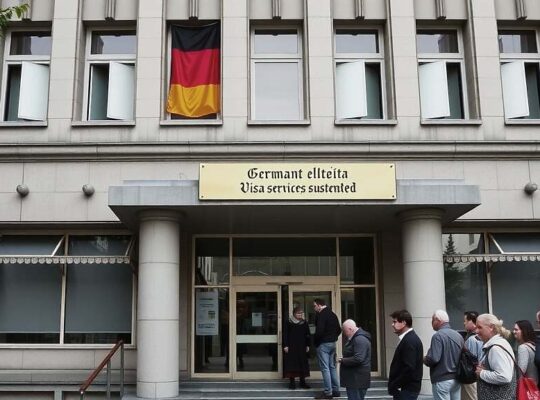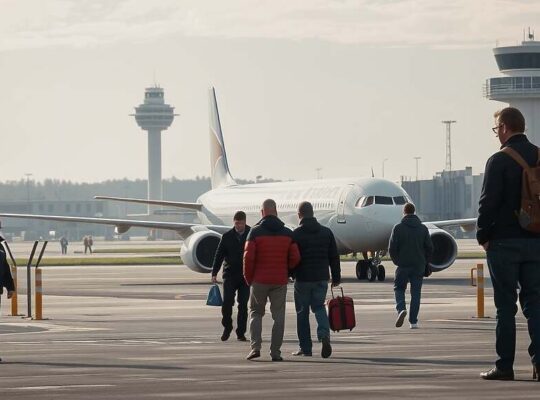The Berlin Brandenburg Airport (BER) has achieved a significant milestone, securing fresh capital of €1.2 billion without requiring guarantees from its owner states – Brandenburg, Berlin and the federal government. This marks a pivotal step towards the airport’s financial autonomy, a long-sought ambition following years of reliance on public funding. Aletta von Massenbach, CEO of Flughafen Berlin Brandenburg GmbH (FBB), hailed the achievement as a decisive turning point in an interview with Handelsblatt, acknowledging the airport’s protracted period of dependence.
The financing round, heavily oversubscribed by 68%, involved twelve national and international banks and development institutions, led by Norddeutsche Landesbank (NordLB) and Commerzbank AG. The five-year credit facility represents a tangible shift from the airport’s troubled beginnings, which were plagued by construction delays and substantial cost overruns.
While the securing of this capital is undeniably positive, critics argue it shouldn’t obscure the underlying systemic issues that have consistently hampered BER’s performance. The airport continues to operate at a loss, a consequence of factors ranging from fluctuating passenger volumes – exacerbated by the pandemic – to operational inefficiencies. Von Massenbach’s projection of achieving profitability by the late 2020s, while optimistic, hinges on sustained growth and improved financial metrics, a scenario not guaranteed given ongoing geopolitical instability and potential economic downturns.
The decision to waive guarantees from the three owner entities also raises political questions. Some analysts suggest this move, while presenting a veneer of financial independence, could be a calculated risk designed to shield the states from further exposure to BER’s liabilities. Furthermore, it remains to be seen whether the airport’s improved financial standing will translate into a reduction in taxpayer contributions in the longer term, or if ongoing scrutiny of BER’s management and operational practices will be sustained. The success of this refinancing, therefore, isn’t simply about access to capital, but about achieving genuine sustainable and autonomous operation within a complex political and economic landscape.












